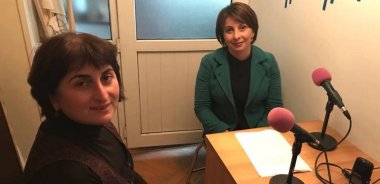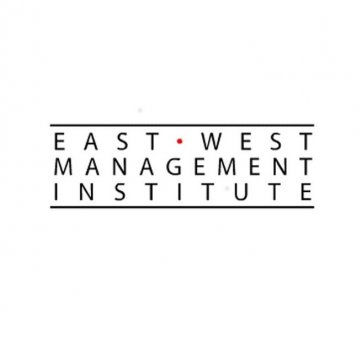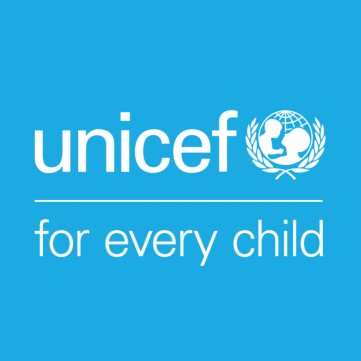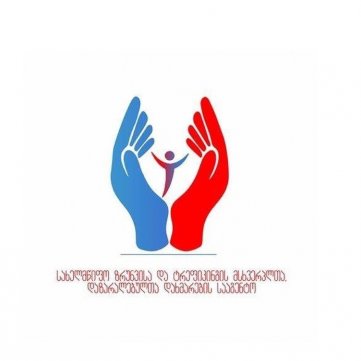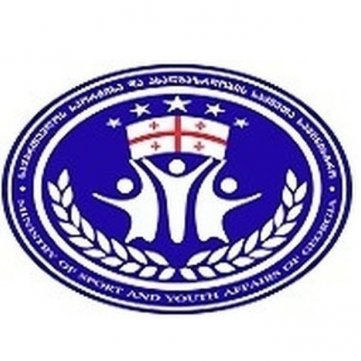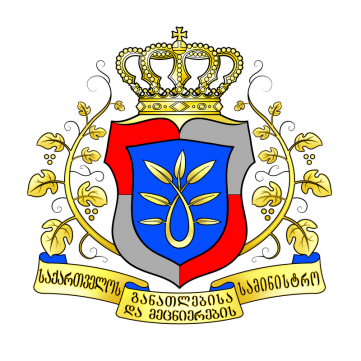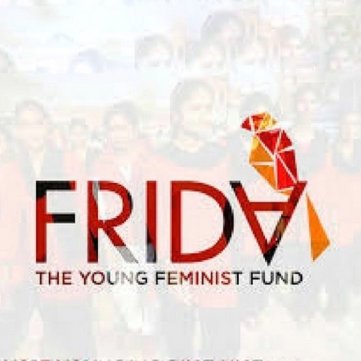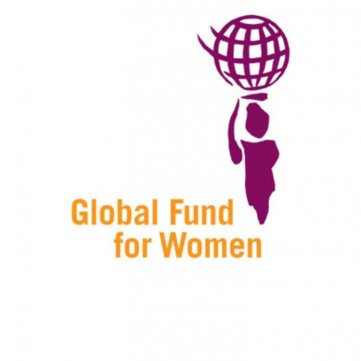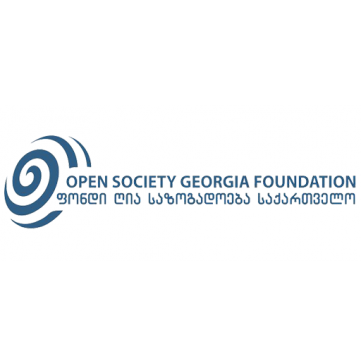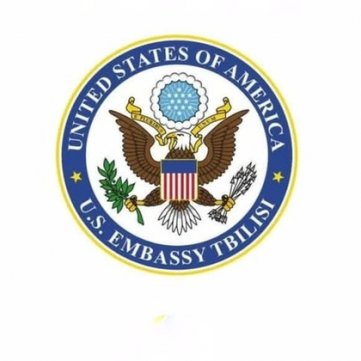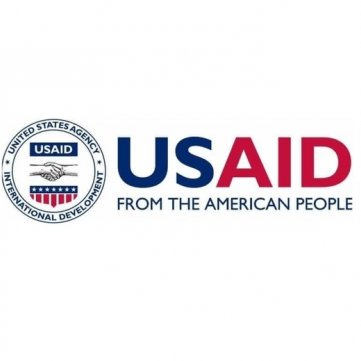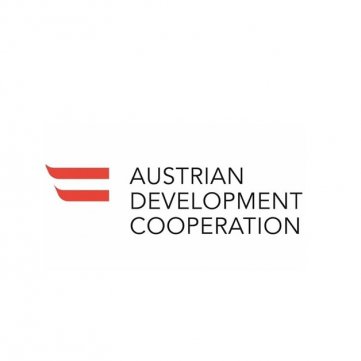On January 12, Online Radio “My Voice” broadcast the first program of “Family, Child, and Government” in 2018.
What are the 2018 municipal programs for socially-unprotected and large families? For people with disabilities? How much preschool and school education is available for teenagers living in regions? What has changed since the Mountain Law—Law on Mountainous Regions Development was implemented? Senior Specialist of Dusheti municipality Sophio Geliashvili and journalist Tinatin Mosiashvili spoke about these issues.
Unfortunately, representatives of Tianeti and Mtskheta municipalities refused to participate in the program. Representatives of Kazbegi did not come because of difficult climatic conditions.
Dusheti is one of the largest municipalities in Georgia. Here, as well as in the whole region and the country the size of the population is decreasing.
“In Dusheti municipality, we have 2,565 socially-unprotected families of 7,450 people, 1,536 IDPs, including Dusheti’s resident 43. Dusheti Municipality has a number of municipal programs that serve other social groups apart from socially vulnerable people. This year's programs will be approved by the Dusheti Municipality Sakrebulo," said Sophio Geliashvili, Senior Specialist of the Dusheti municipality.
“There are 36 schools in the district, 25 of them and 11 in the base. More than 700 teachers serve to educate 3,120 school children,” she continued. “There are 15 preschool centers with 672 children. In many villages there is no kindergarten, but the representative of the municipality claims that everywhere where the children are and parents will be willing, the municipality will satisfy their request.”
There are also pansion schools in Shatili, Barisakho, and Magaroskari for school children from distant villages. Barisakho Pansion school is the most difficult situation. According to Sophio Geliashvili, as far as she knows, in Barisakho this year it is necessary to start repair work.
In the Dusheti municipality there is a rural status of 241 villages and 8,000 citizens. After the adoption of the law, no major changes have occurred in the region. The law still has a social face, but it is early to speak about mountain development.

